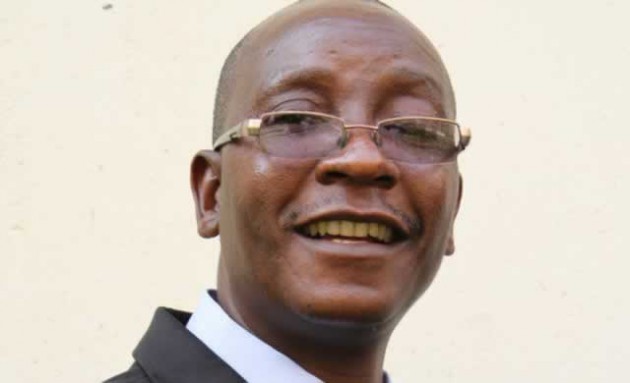Parly takes 2 Bills to the people

Zvamaida Murwira Senior Reporter
The Parliament of Zimbabwe is set to conduct public hearings across the country next week to solicit views on two proposed pieces of legislation – the Electoral Amendment Bill and the Insolvency Bill. The hearings – which will be spearheaded by the Parliamentary Portfolio Committee on Justice, Legal and Parliamentary Affairs, chaired by Zvimba West MP Cde Ziyambi Ziyambi – have been slated for November 17.
They will begin in Mutare on Friday next week, followed by a sojourn in Masvingo the following day. On Sunday, November 19, 2017, the committee will convene a hearing in Bulawayo before proceeding to Gweru on Monday. On Tuesday, November 21, Kadoma residents will be able to make their submissions. The public hearings will be concluded in the capital Harare on Wednesday, November 22.
According to a statement from Parliament, persons wearing military uniforms, signs of ranks, flags or badges and political party regalia will not have access to the public consultations. The Electoral Amendment Bill, which was gazetted on September 18, this year, seeks to amend certain sections providing for the voter registration process. It introduces provisions that cater for the recently introduced Biometric Voter Registration (BVR) exercise, including aligning the Act to the Constitution.
In particular, Section 2 of the proposed Bill outlines registration procedures under the BVR system, while Clause 3 (of the same section) provides procedures that have to be followed when one wants to transfer from once constituency to another. Through the new system, voting is now polling station-based rather than ward-based.
On the other hand, the Insolvency Bill is designed to consolidate Goverment’s thrust to improve the ease of doing business. In essence, the proposed legislation will repeal some provisions in the principal Act that are outdated as they are no longer responsive to the current trends. Notably, Clause Three of the Bill sets out the circumstances under which a debtor is not liable to pay debts, one of which is when there is proof that his liabilities exceed the value of assets.
The Bill also provides for procedures for the commencement of the liquidation process.










Comments